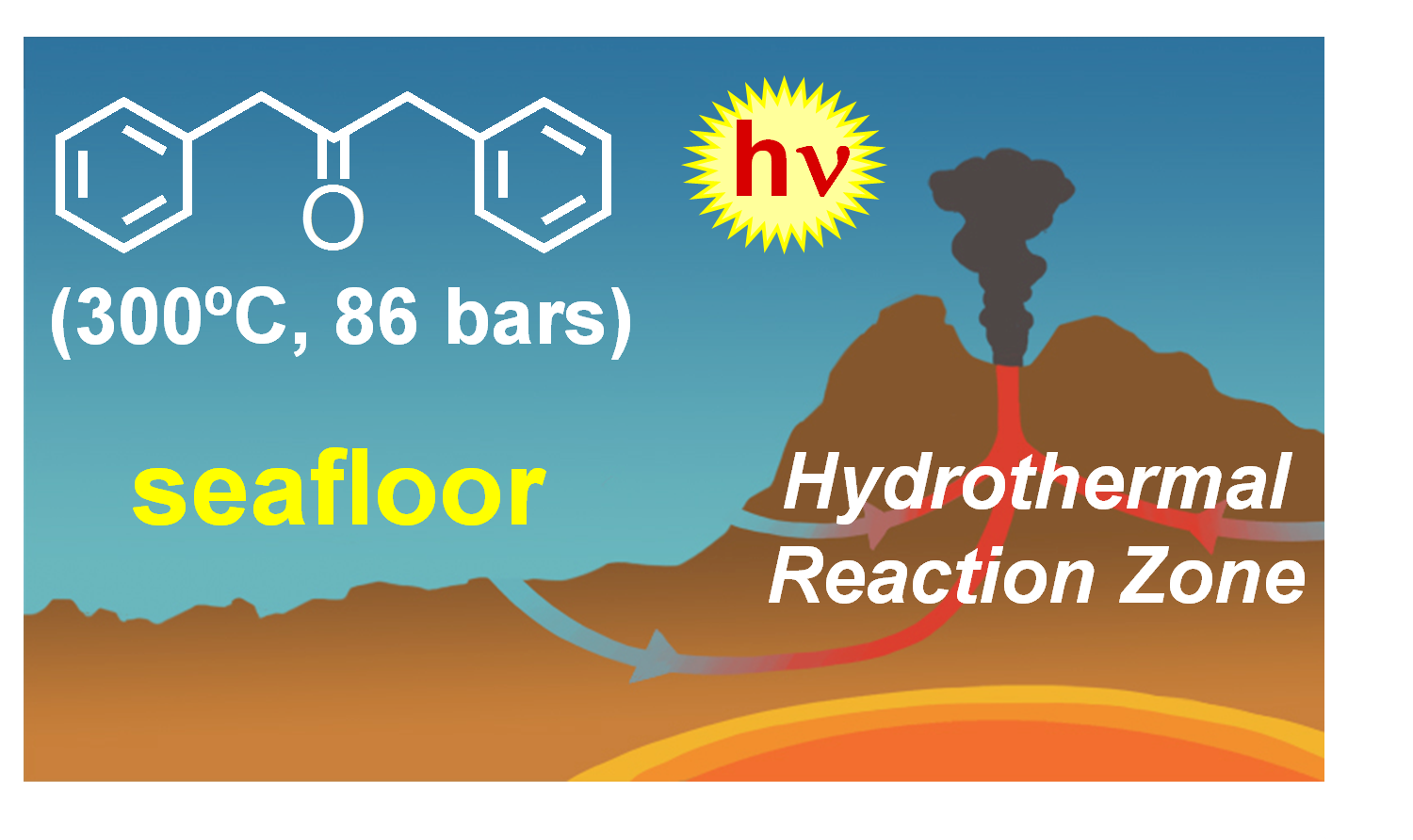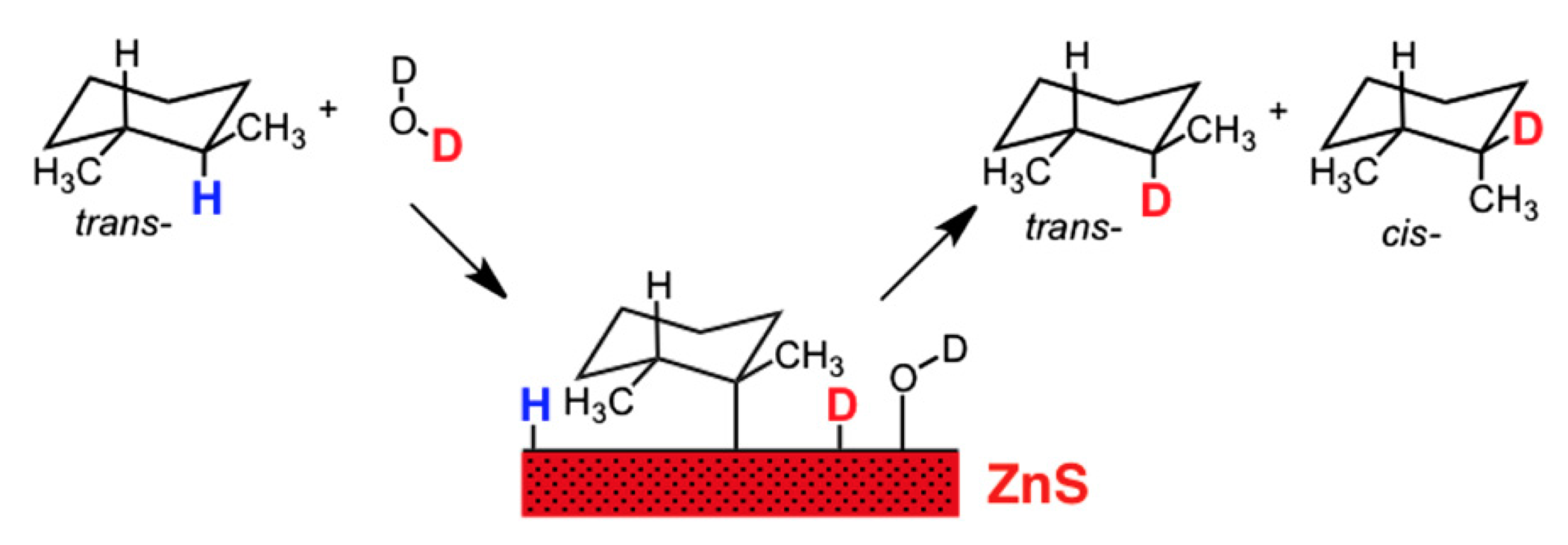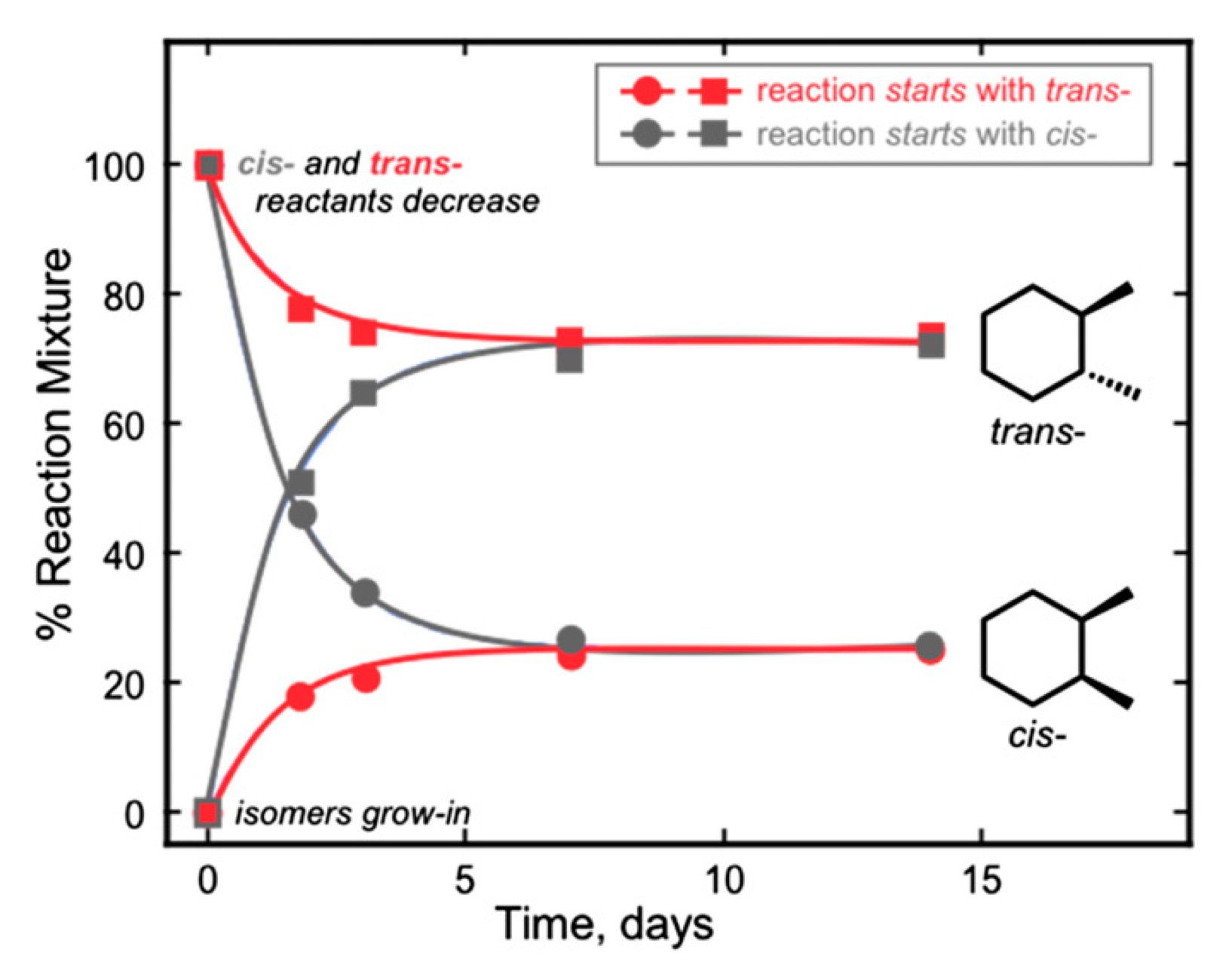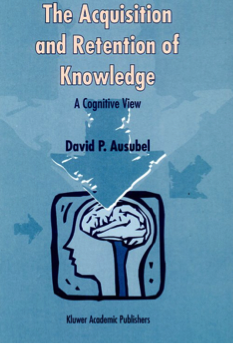
Ian R. Gould
President's Professor
igould@asu.edu
(480) 965-7278
Office: PS D-109
Lab: PS D-126

Research
Organic Geochemistry | Mechanistic Organic Chemistry | Education Research Organic Geochemistry
Over 99.99% of the Earth's organic carbon, more than 15,000,000 Gt, does not participate in the conventional carbon cycle, but is located beneath the surface of the Earth. The reactions of this huge quantity of organic matter are important as a component of the deep geochemical carbon cycle that controls atmospheric carbon dioxide, in petroleum and natural gas processing and generation, in organic processes in marine environments, and as energy sources for deep microbial communities. From an organic chemistry perspective these reactions are very interesting in that many do not follow the "rules" of conventional organic chemistry described in textbooks. In short, most of the organic chemistry on earth is NOT what we teach in our classrooms!
Geochemically relevant organic reactions take place using only water as the solvent and without the need for exotic reagents. We can learn a lot from how the earth does organic chemistry. We have several research programs in this area, from understanding the chemistry of geochemically relevant organic reactions, learning how common minerals catalyze organic reactions and developing new green organic chemical processes that are inspired by geology rather than biology, i.e. geomimicry. For example, we recently showed that simple copper(ii) chloride could selectviely oxidize organics under hydrothermal conditions, where the only other reagent was water as the solvent.
We use classical organic chemistry approaches to study these processes such as product analysis, isotope effects and kinetics, and also make heavy use of ab initio computations. We have also brought new techniques to the study of hydrothermal reactions including real-time Raman spectroscopy and photochemical probes of mechanism. We are currently recruiting graduate students to work on projects related to green chemistry, geomimicry, and organic geochemistry Mechanistic Organic Chemistry
We maintain a long-standing interest in the mechanisms of fast reactions in organic chemistry. We use mainly kinetic analysis, in particular pulsed laser methods, and ab initio computations to explore the chemistry kinds of highly reactive organic species. We recently reported on a novel reaction of the 4,4'-bipyridine radical anion. It undergoes nucleophilic addition to carbon dioxide with the largest rate constant reported for such a nucleophilic addition. Furthermore, the adduct can be fragmented via one-electron oxidation to release the carbon dioxide and the bipyridine. These reactions together comprise an electrochemical method for the trap and release of carbon dioxide, which is technologically relevant since this method could be used in the sequestration of this important greenhouse gas. Student Performance in Organic Chemistry
We also have active research projects to understand the affective factors that contribute to student success in general organic chemistry classes, and are developing constructivist methods of teaching to address the cognitive challenges that students face when learning organic chemistry. We are also particularly interested in the "affective" factors that contribute to students success, that have not been properly investigated in the chemical eduction literature. We are studying the role of different kinds of motivation, and also cultural capital, a social factor that is almost ignored in the college level education research literature.




return to top 
return to top
We also have NSF funding to build a web-based intelligent tutoring system for organic chemistry. This is in collaboration with Kurt VanLehn at ASU
return to top